Lungalacha Pass : A Journey to Ladakh’s Spectacular Heights





Table of Contents
Toggle1. Overview
Ladakh boasts of high-altitude passes carved into the ground. Lungalacha Pass is the most inaccessible and spectacular high-altitude pass in the Indian Himalayas. This pass is known for its rugged topography and stupendous landscapes that have left all the viewers who have ever gone to this place completely dumbfounded. From geographical significance to practical travel tips, this detailed guide will touch on all facts of this magnificent pass.
2. Location and Geographical Significance
a. Geographic Coordinates and Elevation
Lungalacha Pass lies in the Indian state of Ladakh and is situated at an elevation of approximately 5,065 meters or 16,616 feet above mean sea level. It falls to the east of Ladakh and is situated on the Manali-Leh Highway. The pass connects the Zanskar Valley with the Nubra Valley and forms part of the ancient trade route that always has connected these regions.
b. Topography
Everything around Lungalacha Pass has high-altitude deserts that are barren, with snow-covered mountain peaks. It presents stark contrasts of white snowfields against the rugged brownish-red mountains.
3. Historical and Cultural Context
a. Historical Importance
Conventionally, Lungalacha Pass was an important trade route for traders who would journey between Ladakh and Central Asia. It helped to move goods like wool, salt, and spices. The pass saw innumerable traders and explorers pass through it over many centuries, thus adding to the rich cultural tapestry of the region.
b. Cultural Significance
Ladakhis constitute one of the most culturally distinctive and ecologically adept peoples in the regions surrounding Lungalacha Pass. The Ladakhis follow Tibetan Buddhism, and their way of life and festivals have been shaped by the high altitude. For some travelers, the pass is also a destination that is in the middle of nowhere-a place to find silence and solitude.
Most of the people reach Lungalacha Pass by road via Manali and Leh. The Manali-Leh Highway was passing through the Lungalacha Pass, which is famous for the difficulty of its terrain and the breathtaking scenery that it offers. Because the road conditions are rough, unpredictable, and bad, one should travel on SUVs or four-wheel drives with sturdy build quality.
4. The Journey to Lungalacha Pass
a. Getting There
i. By Road
The most common way to reach Lungalacha Pass is by road, traveling from Manali or Leh. The Manali-Leh Highway, which passes through Lungalacha Pass, is renowned for its challenging terrain and spectacular scenery. The journey is best undertaken in a sturdy vehicle, such as an SUV or a four-wheel-drive, due to the rough and unpredictable road conditions.
ii. By Air
It is the closest major airport that gets regular flights from Delhi and other major cities. From here, one takes a road journey to Lungalacha Pass. The stretch from Leh to Lungalacha Pass is about 230 kilometers and generally takes around 8-10 hours, depending on the condition of the roads.
b. Best Time to Visit
The best time for tourists to visit the Lungalacha Pass is between late June and early September. During this period, the weather remains considerably stable, and the pass is open due to the snow cover having melted from the roads. Outside this period, the pass can become blocked because of heavy snowfall that might be very tough to commute through.
5. The Trek and Terrain
a. Trekking Routes
For adventurous souls, trekking around Lungalacha Pass offers an unparalleled experience. The region has several trekking routes that provide stunning views of the Himalayas and a close-up of the unique high-altitude flora and fauna. Popular trekking routes include:
i. Lungalacha to Pangong Lake: A challenging trek that takes you from Lungalacha to the picturesque Pangong Lake, offering panoramic views of the surrounding peaks.
ii. Lungalacha to Zanskar Valley: This route takes you through the rugged terrain of Zanskar Valley, showcasing its remote beauty and traditional villages.
b. Terrain and Weather Conditions
The terrain around Lungalacha Pass is rugged and consists of rocky paths, loose gravel, and steep inclines. Weather conditions can be extreme, with temperatures dropping well below freezing at night. Travelers should be prepared for sudden weather changes and strong winds.
6. Travel Tips and Precautions
a. Health and Safety
i. Altitude Sickness: The altitude is high, and the travelers are in danger of experiencing altitude sickness. Proper acclimatization is highly essential before arriving at Lungalacha Pass, as well as keeping the body always hydrated.
ii. Travel Insurance: Ensure you have comprehensive travel insurance, including high-altitude trekking and medical emergencies.
b. Necessary Permits
To see Ladakh and other areas like Lungalacha Pass, one must have an Inner Line Permit. These can be issued at the District Magistrate’s Office in Leh, or it can be processed through approved travel agencies.
c. Essential Gear
i. Clothing: Bring warm, water-resistant clothes such as thermal layers, a quality down jacket, and gloves.
ii. Footwear: Solid, water-resistant trekking boots will be important for rocky and snowy sections.
iii. Equipment: It is worth bringing a good quality camera, as the landscapes are seriously breathtaking; besides, consider trekking poles for extra support.
7. Accommodation and Amenities
a. Staying in Ladakh
There are no places to stay at Lungalacha Pass itself. However, one can find options for staying in Leh and around it:
i. Leh: From low-budget guesthouses to luxury-class hotels, it is the base for most tourists visiting Lungalacha Pass.
ii. Camping: For the enthusiasts of complete participation, camping around the pass is also available; make sure you make camping permits and equipment arrangements prior to the visit.
b. Food and Water
i. Food: Pack non-perishable food items and snacks as restaurants are few around the pass. You will get enough opportunities to try eating places in Leh serving local and international cuisines.
ii. Water: It is always wise to pack enough bottled water or water purification tablets, since clean drinking water may be restricted in some areas.
8. Places to Visit and Things to Do
a. Scenic Spots
Some of the breathtaking views of the Himalayas can be seen while standing on Lungalacha Pass. Stok Kangri and the Zanskar Range add to the dramatic backdrop for the pass. The stark, untouched beauty of this region is ideal for photography and for those in love with nature.
b. Spotting the Wildlife
The flora and fauna of the region surrounding Lungalacha Pass house some unique wild animals that include the Himalayan ibex, snow leopard, and Tibetan antelope. As the trekking goes on in the surroundings, wildlife enthusiasts may get an opportunity to trace these elusive animals.
c. Photography
The high-altitude landscapes, crystal-clear skies, and dramatic terrain make Lungalacha Pass a photographer’s dream come true. Subsequently, the best time for photography is during sunrise and sunset.
9. Conclusion
Lungalacha Pass is a spot for those in quest of solitude and an unparalleled experience by nature. The destination is far-flung, the road is rough, and the scenery is just fabulous-all these combine together to make the journey to this pass quite unforgettable. Be one on a high-altitude trek or just cross the pass on the way to other Ladakh destinations, Lungalacha Pass promises a lifetime of adventure.
How to book a trip to Lungalacha Pass, India with Charzan Holidays?
For a seamless and exceptional booking experience, contact Charzan Holidays at reservations@charzan.in or call us at +919622224473
Frequently Asked Questions
1. What is Lungalacha Pass? | |
| Lungalacha Pass is a high mountain pass in the Indian Himalayas, situated at an elevation of approximately 16,616 feet (5,065 meters). | |
2. Where is Lungalacha Pass located? | |
| Lungalacha Pass is located in the Zanskar region of Ladakh, India, connecting the Nubra Valley to the Zanskar Valley. | |
3. When is the best time to visit Lungalacha Pass? | |
| The best time to visit is from May to October, when the pass is typically open and accessible due to milder weather. | |
4. How do I get to Lungalacha Pass? | |
| You can reach Lungalacha Pass by road, usually as part of a journey between Leh and Nubra Valley or Zanskar Valley. 4×4 vehicles are recommended. | |
5. Is it safe to travel to Lungalacha Pass? | |
| Travel is generally safe, but visitors should be cautious of high altitude, changing weather conditions, and road conditions. Traveling with a companion is advisable. | |
6. What should I pack for a trip to Lungalacha Pass? | |
| Pack warm clothing, sturdy hiking boots, a first aid kit, snacks, water, and a camera to capture the stunning landscapes. | |
7. Are there accommodations near Lungalacha Pass? | |
| Accommodations are limited in the immediate vicinity. Travelers often stay in nearby areas such as Leh or Nubra Valley, or camp along the route. | |
8. What types of vehicles can navigate Lungalacha Pass? | |
| High-clearance 4×4 vehicles are recommended due to rough and uneven terrain. Local taxis and organized tours also operate in the area. | |
9. Can I see snow at Lungalacha Pass? | |
| Yes, snow can be present at Lungalacha Pass, particularly during the early summer and late autumn months, though heavy snowfall can block access in winter. | |
10. Are there trekking opportunities near Lungalacha Pass? | |
| Yes, there are several trekking routes in the region, providing opportunities to explore the stunning landscapes and local culture. | |
11. What is the altitude of Lungalacha Pass? | |
| Lungalacha Pass is located at an elevation of about 16,616 feet (5,065 meters) above sea level. | |
12. Are there any restrictions for travelers at Lungalacha Pass? | |
| Yes, due to its proximity to border areas, travelers may require permits. It’s advisable to check the latest regulations before planning your visit. | |
13. What are the main attractions near Lungalacha Pass? | |
| Nearby attractions include the beautiful landscapes of Nubra Valley and Zanskar Valley, as well as cultural sites in the region. | |
14. Is there mobile network coverage at Lungalacha Pass? | |
| Mobile network coverage can be limited in this remote area, so it’s wise to inform someone of your travel plans in advance. | |
15. What precautions should I take when visiting Lungalacha Pass? | |
| Acclimatize gradually to avoid altitude sickness, stay hydrated, carry sufficient food and water, and always check weather conditions before your journey. |
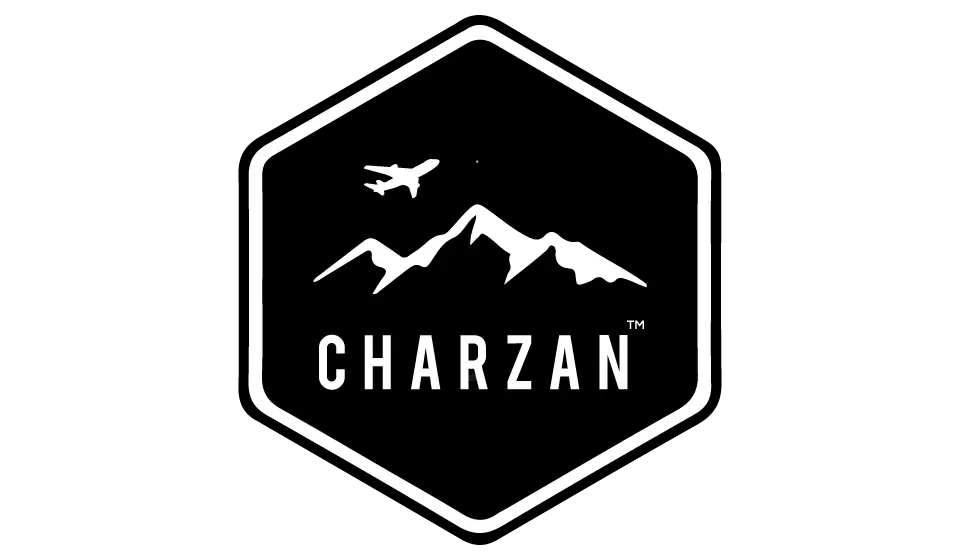


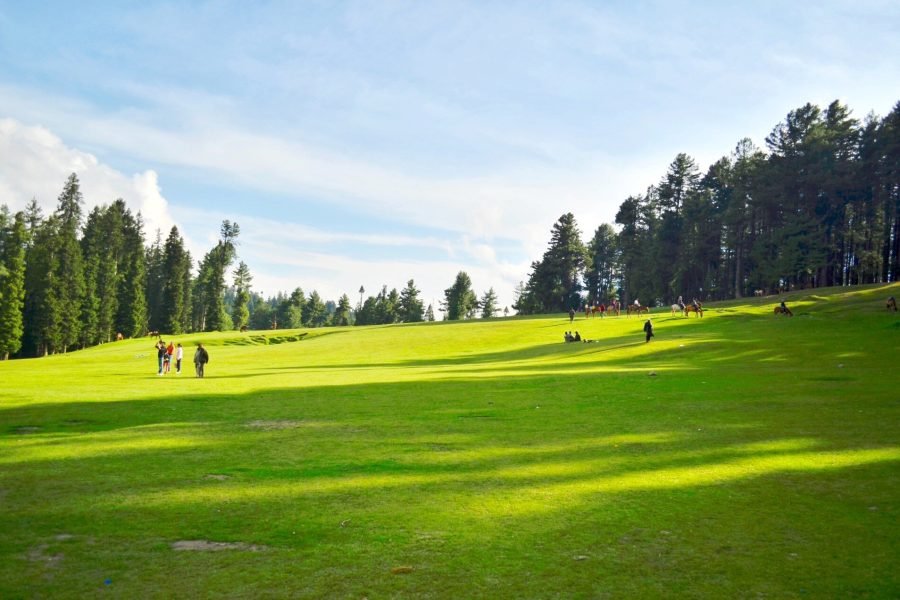
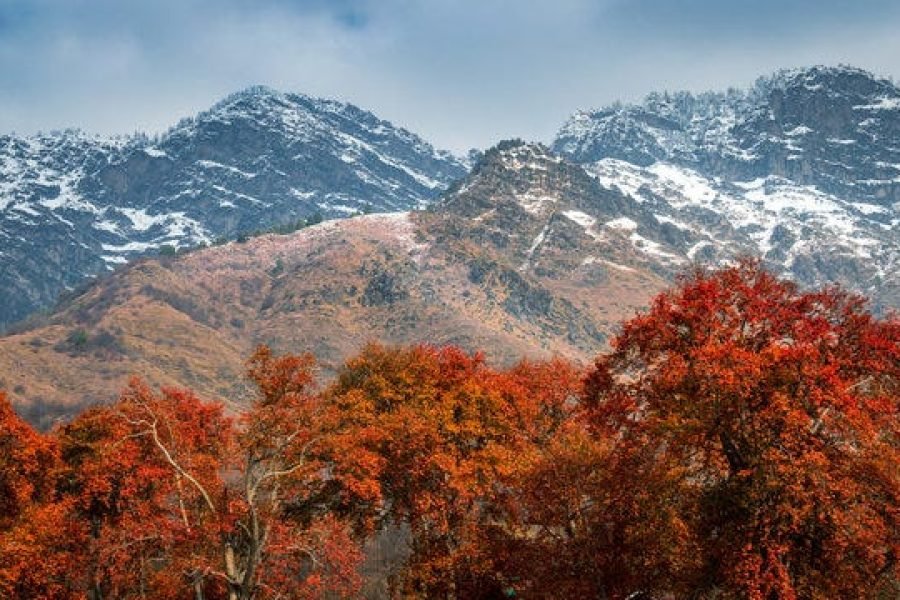
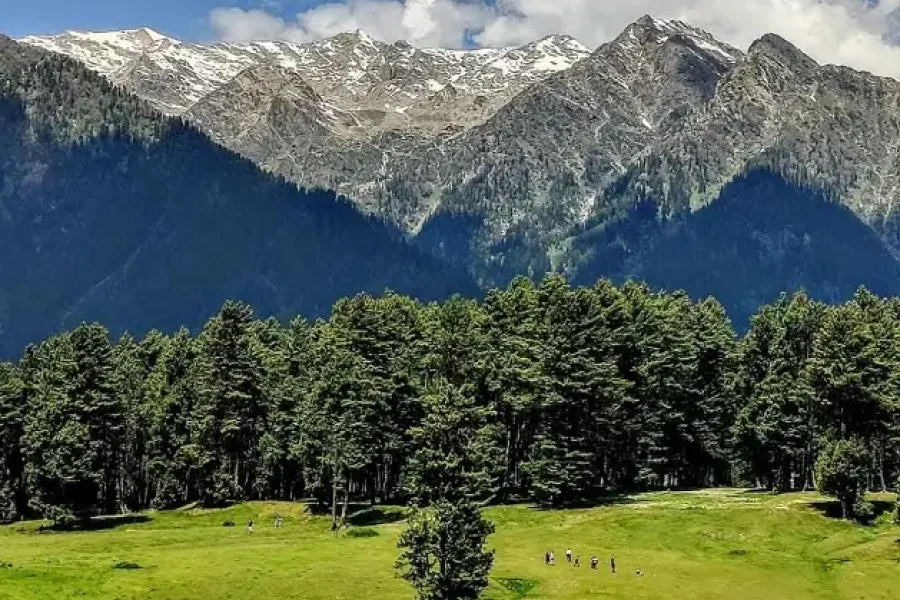
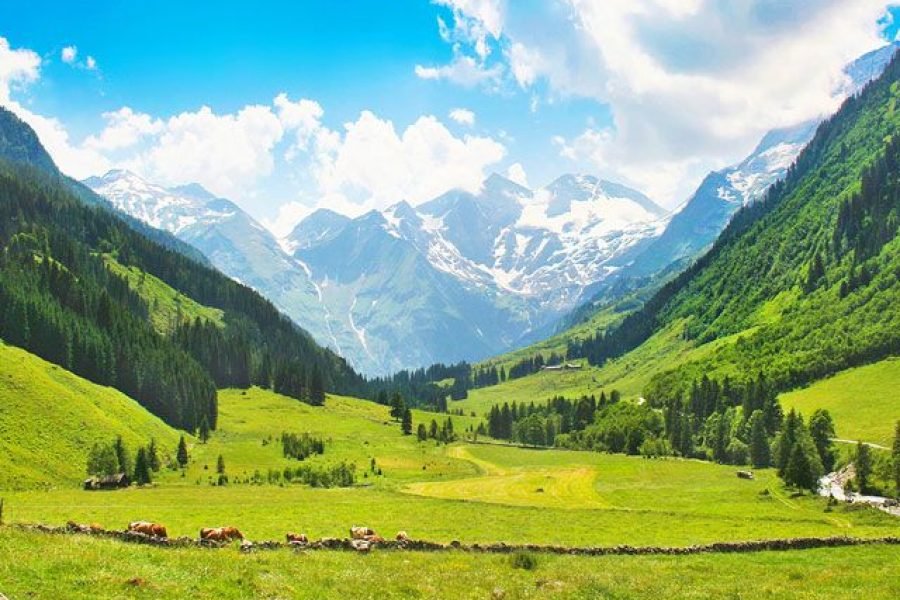
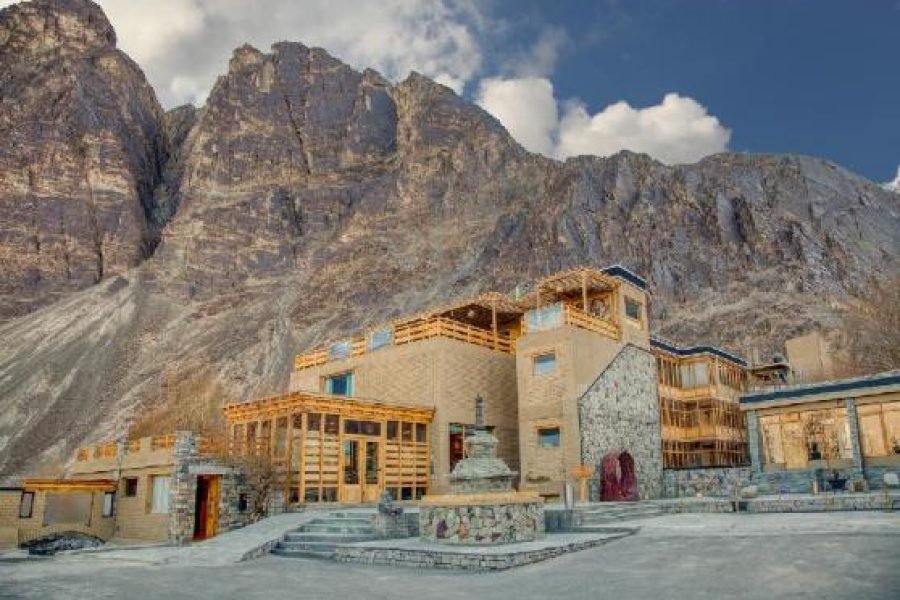
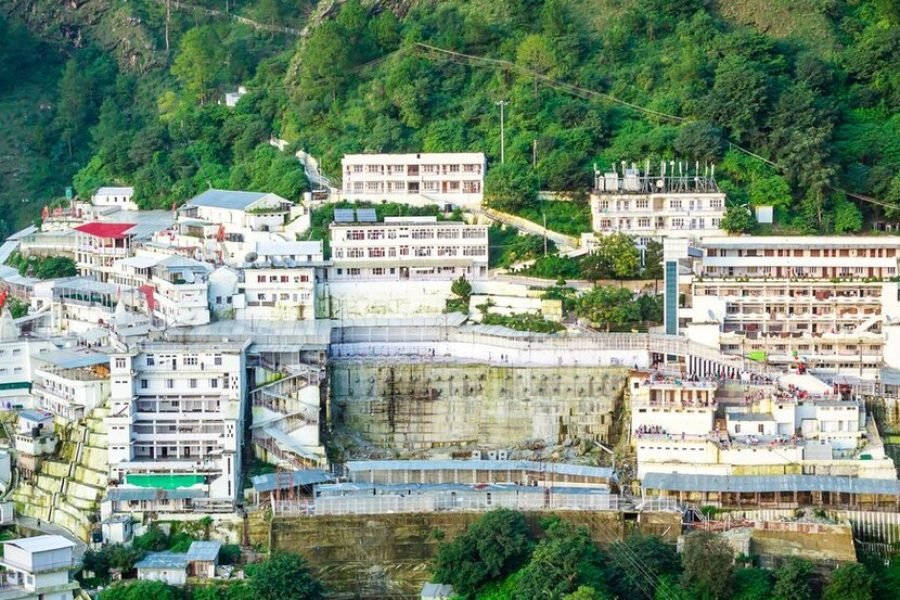
0 Comment